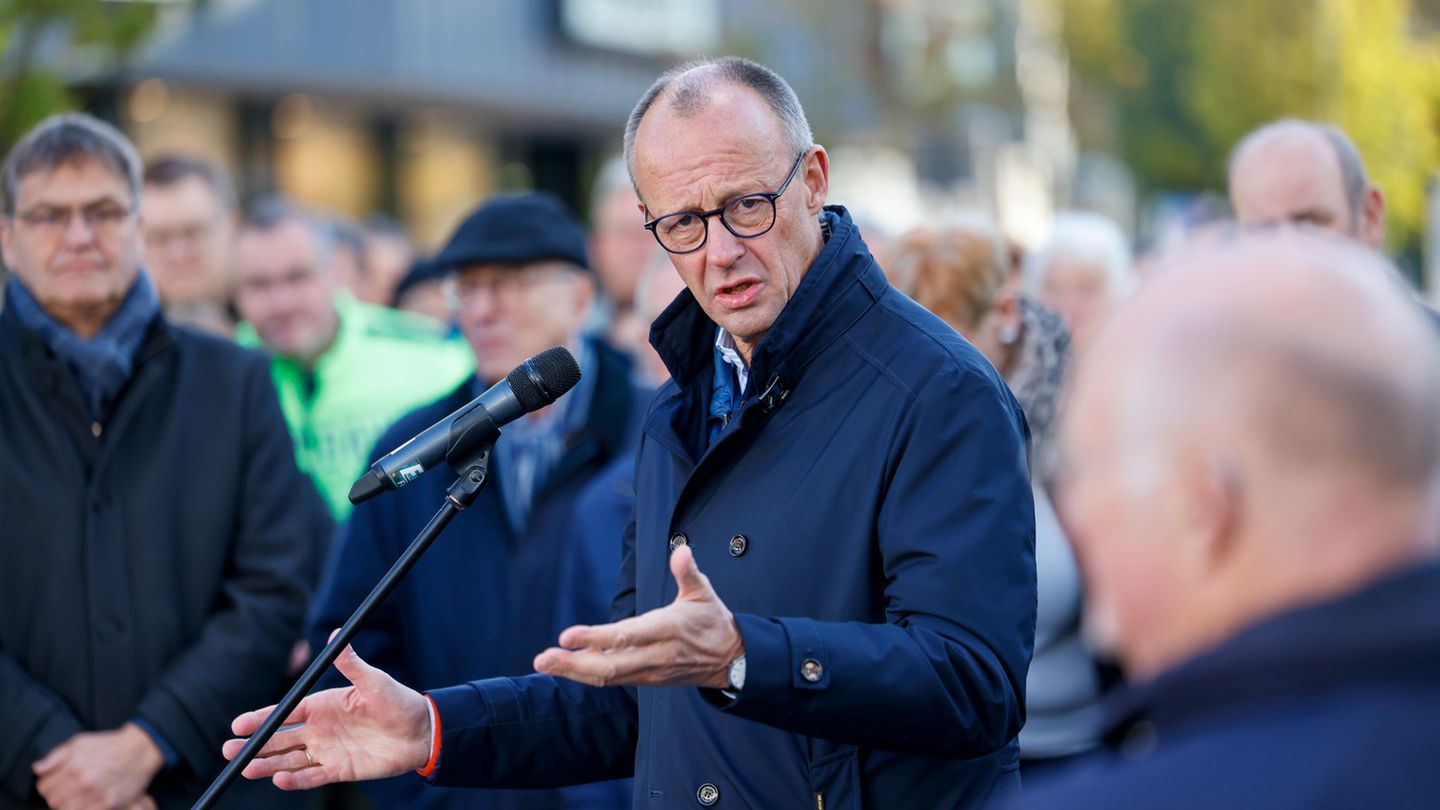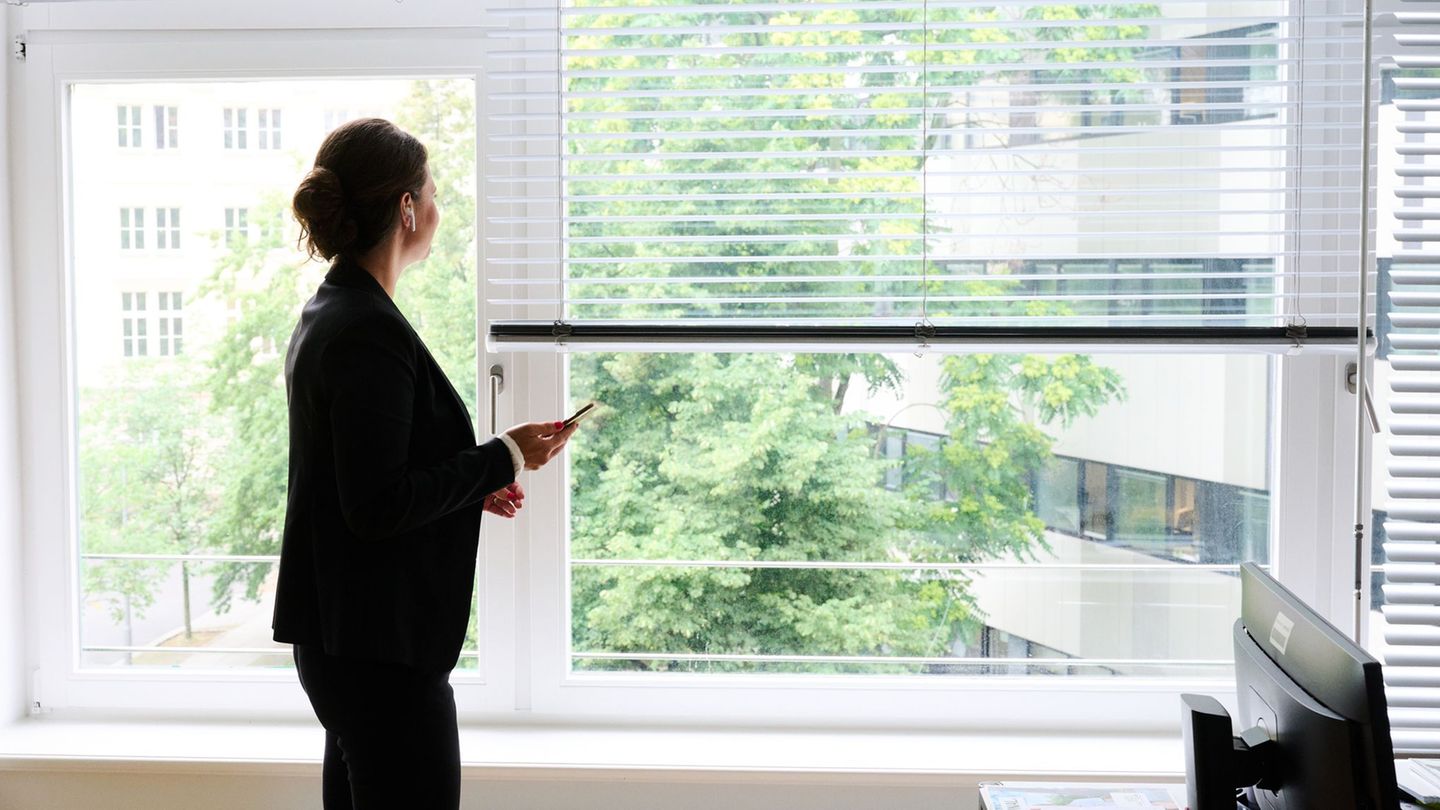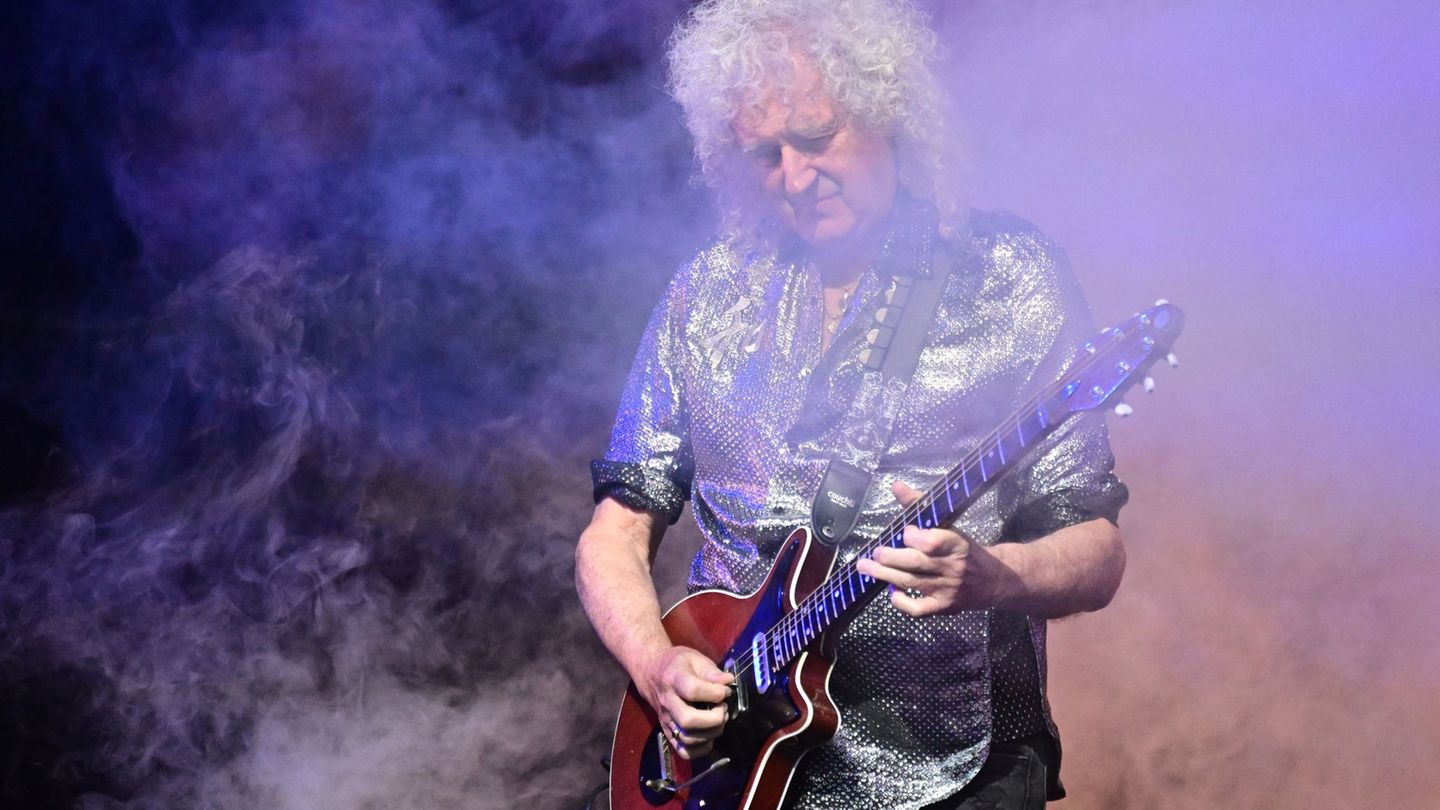Should I accept Putin’s invitation to start his new term in office or not? A diplomatic topic of discussion in the EU. According to diplomats, Germany and France also do not agree.
There are significant differences within the EU about how to properly handle invitations to the ceremony marking the start of Russian President Vladimir Putin’s fifth term in office. As several EU diplomats told the German Press Agency in Brussels on Monday, countries such as France, Hungary and Slovakia want to send representatives to Putin’s swearing-in in order to keep communication channels open. However, Germany and numerous other EU states consider participation to be inappropriate, especially in view of Russia’s war of aggression against Ukraine. “Germany will not take part in this event,” said a foreign affairs spokeswoman in Berlin on Monday.
In the case of the Federal Republic, the government has recalled the German ambassador in Moscow, Alexander Graf Lambsdorff, to Berlin for a week of consultations after cyber attacks on the SPD and German companies. The federal government blames a Russian military intelligence unit for the attacks.
To participate or not? That is the question in the EU
Like most ambassadors from EU member states, the European Union’s official representative in Moscow will not be present at the ceremony on Tuesday, a spokesman for the European External Action Service said late in the evening in Brussels. Foreign Affairs Representative Josep Borrell had previously spoken out against the EU’s participation in the event. According to diplomats, however, there were also dissenting voices. Among other things, they are said to have warned that staying away from the ceremony could give Russia an excuse to ignore even more diplomatic rules and norms in the future.
Career of a dictator
From the moth to Putin, the Eternal – the bloody path of the Kremlin master in pictures
Putin – who else?
Putin wants to take the oath for another term as Russian president this Tuesday morning. This marks the beginning of six more years for him as head of state. The ceremony in the Moscow Kremlin will take place in front of representatives of the government, both chambers of the Russian Parliament and other high-ranking guests. The 71-year-old Putin, who has dominated politics in the country for 24 years, had a record result of more than 87 percent of the vote in the presidential election in March.
The EU had sharply criticized the conduct of the election. A statement said the Russian electorate had very limited access to factual information and “no real choice.” The reason for this was, among other things, that numerous candidates were excluded – including all those who spoke out against Russia’s war of aggression against Ukraine.
Source: Stern
I have been working in the news industry for over 6 years, first as a reporter and now as an editor. I have covered politics extensively, and my work has appeared in major newspapers and online news outlets around the world. In addition to my writing, I also contribute regularly to 24 Hours World.




